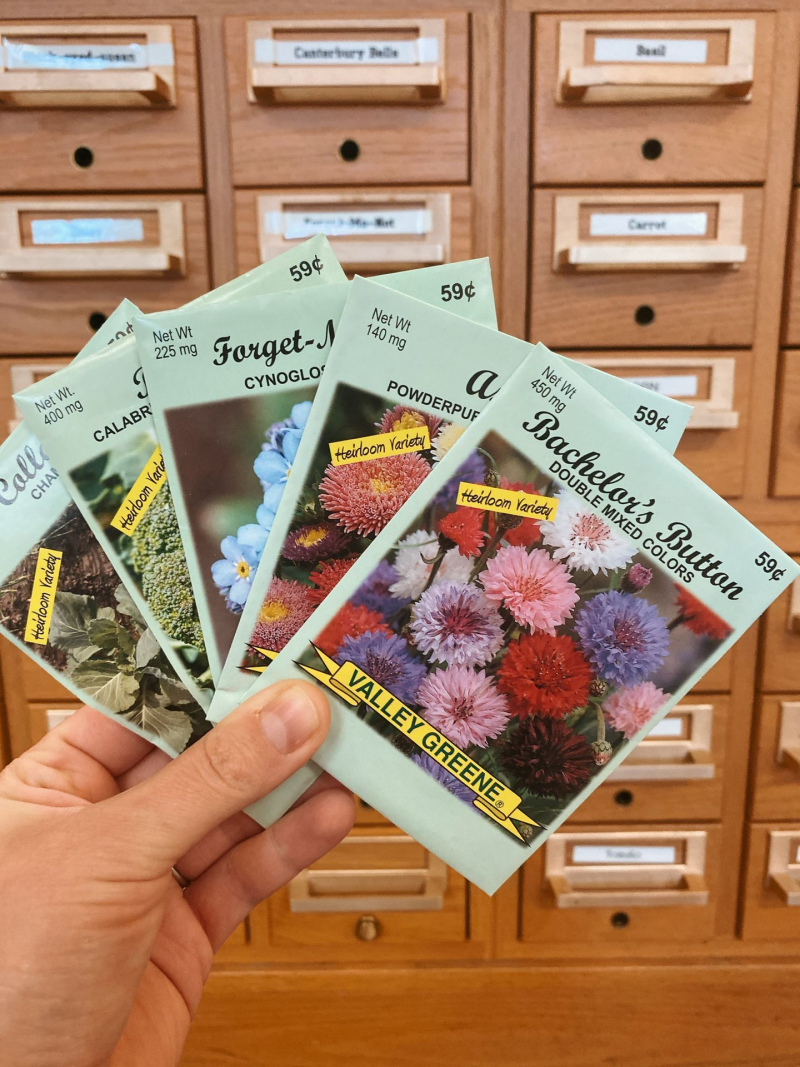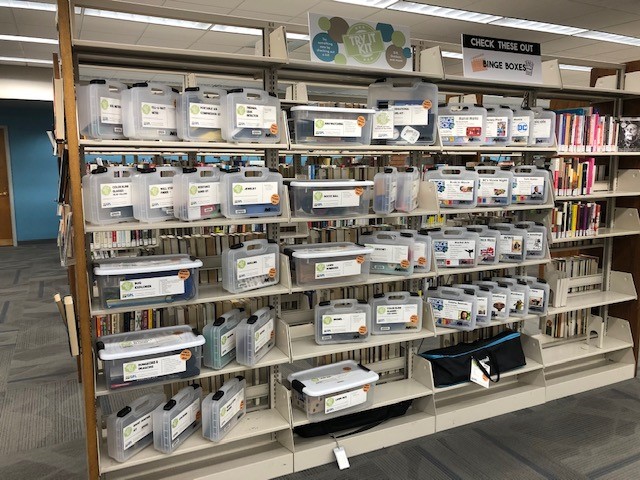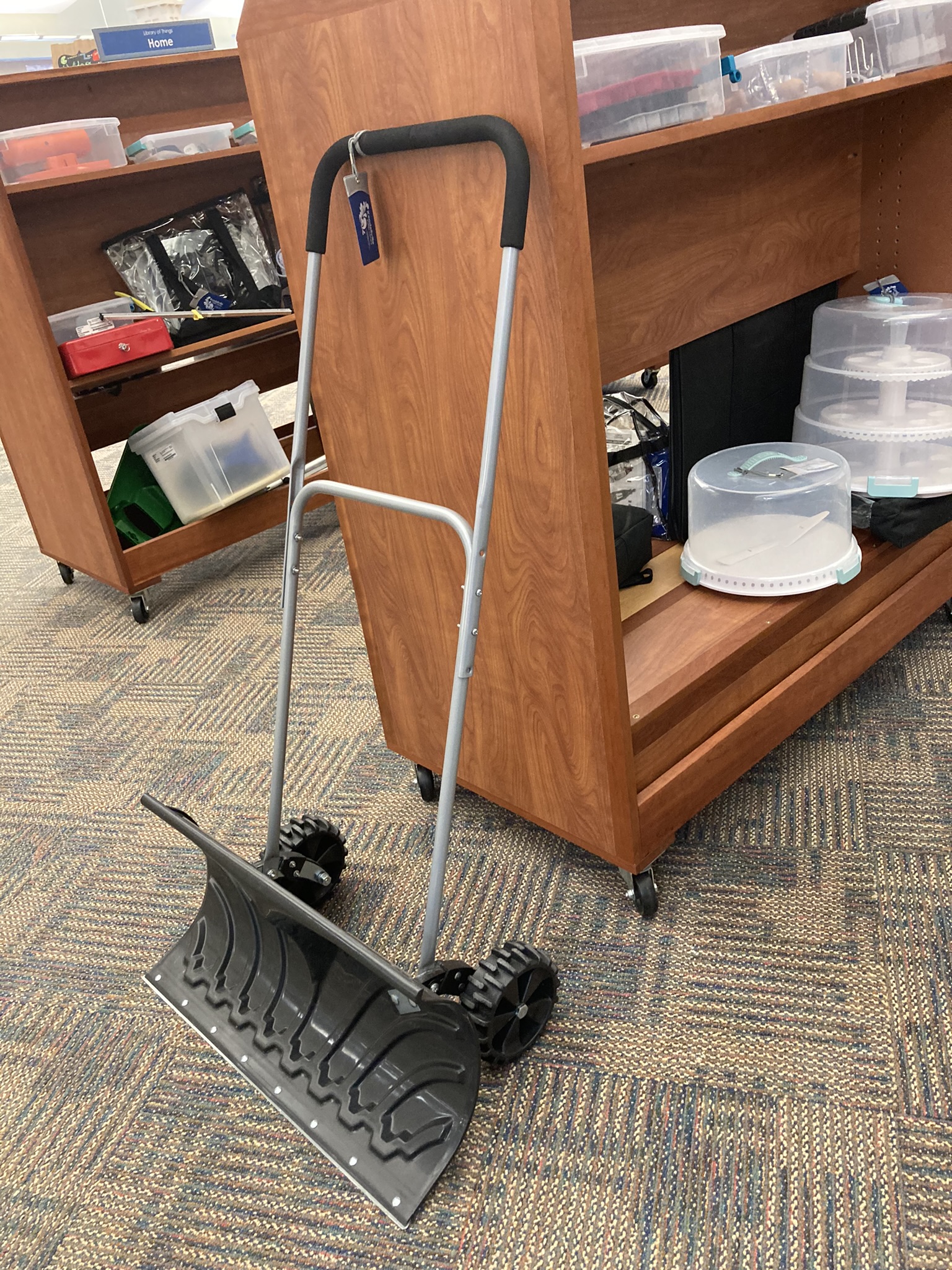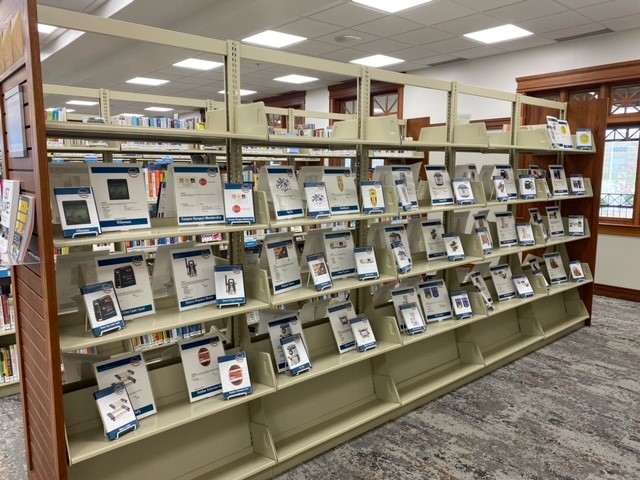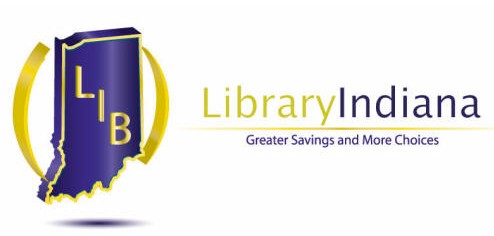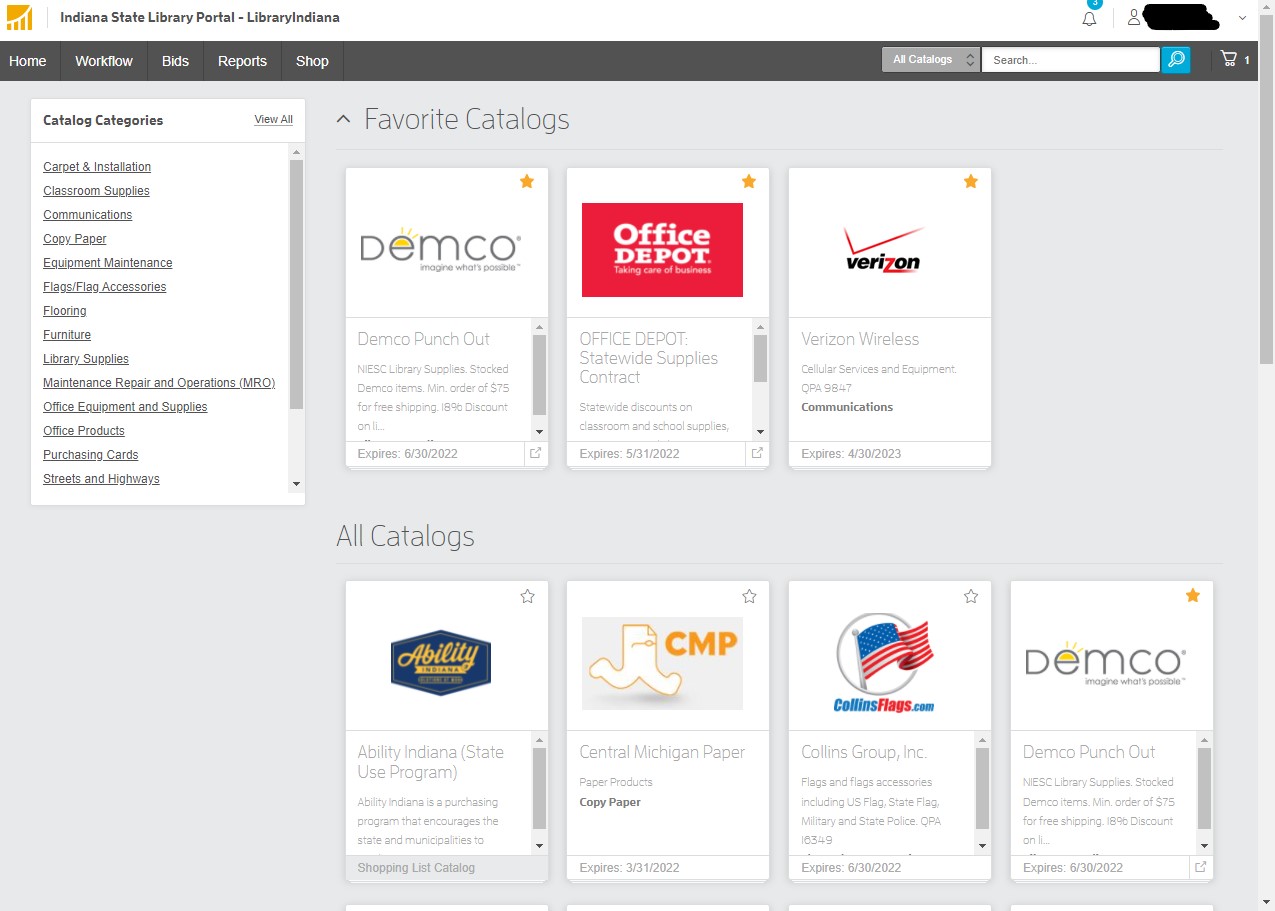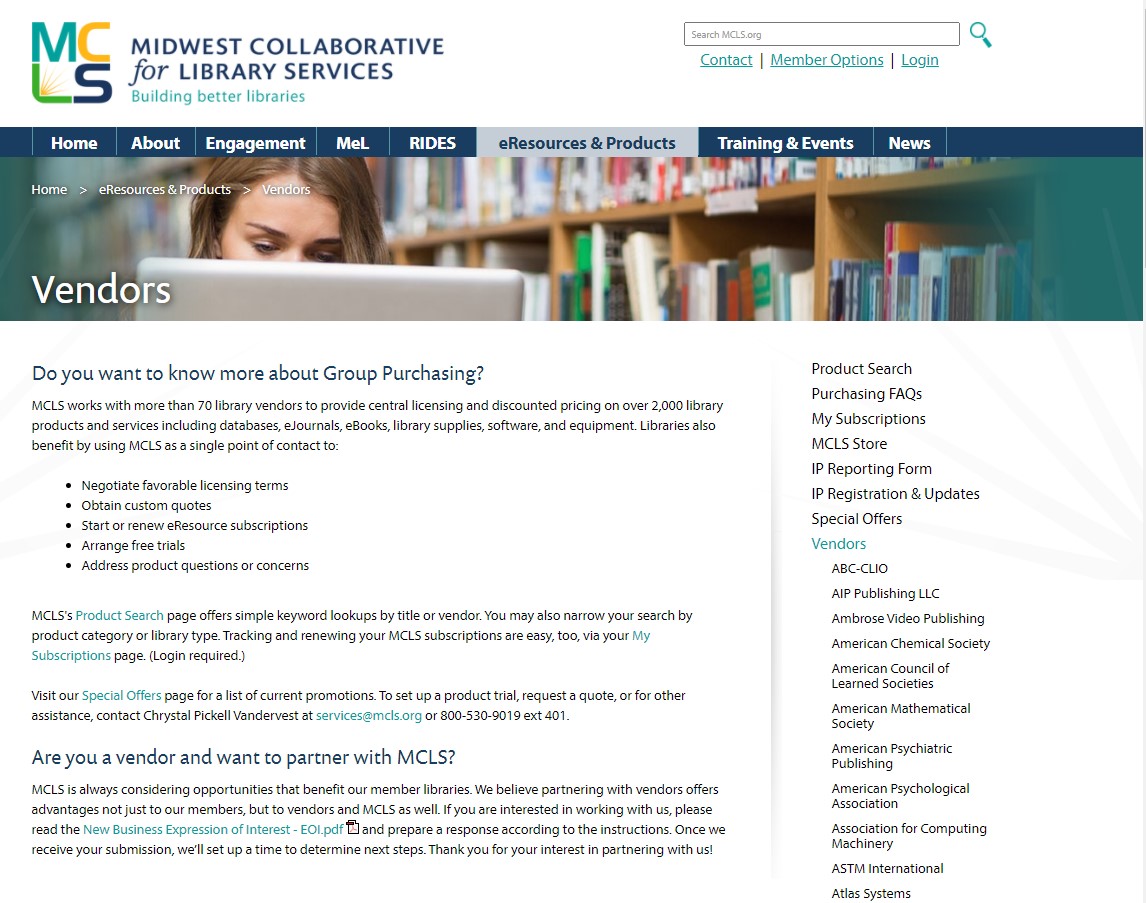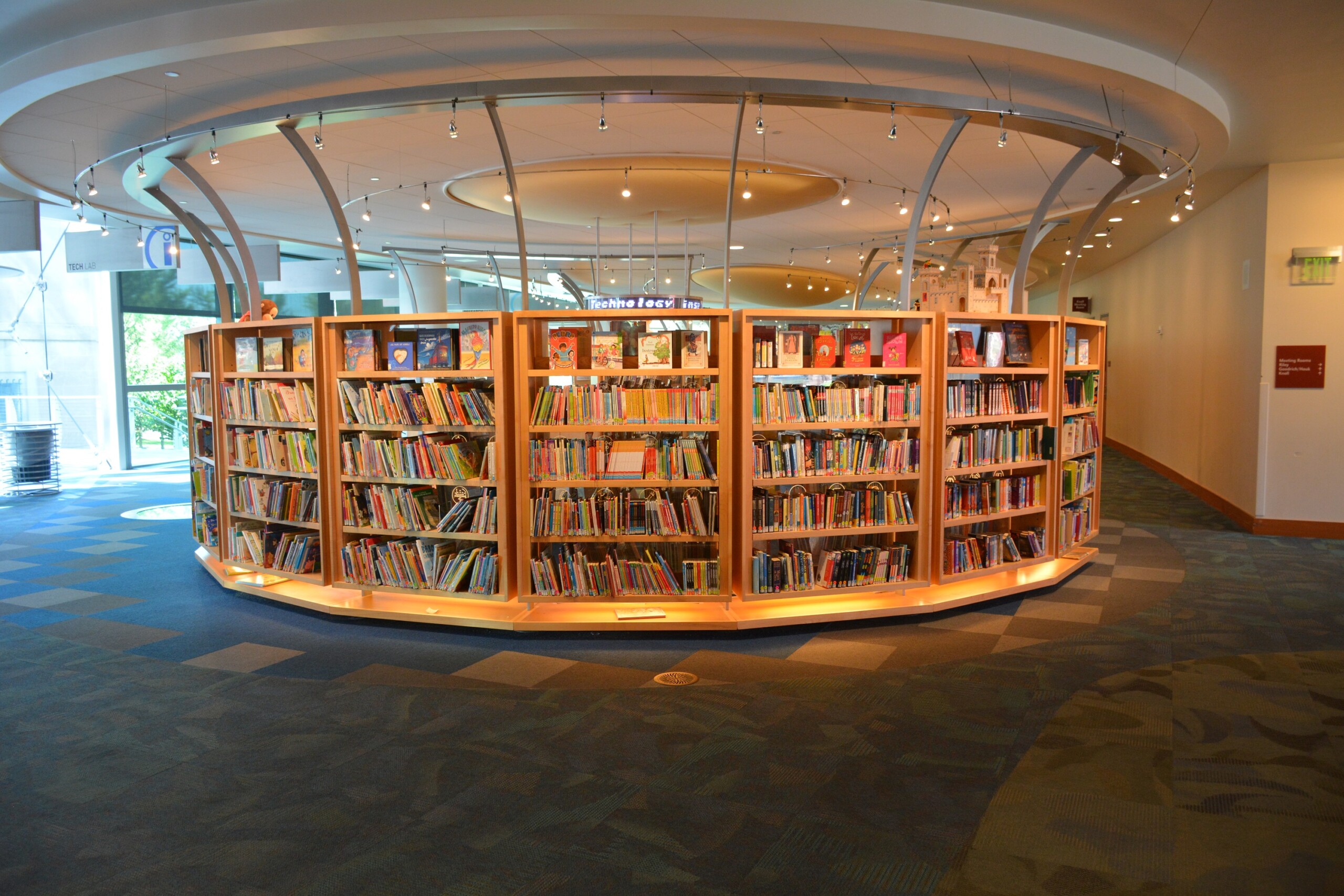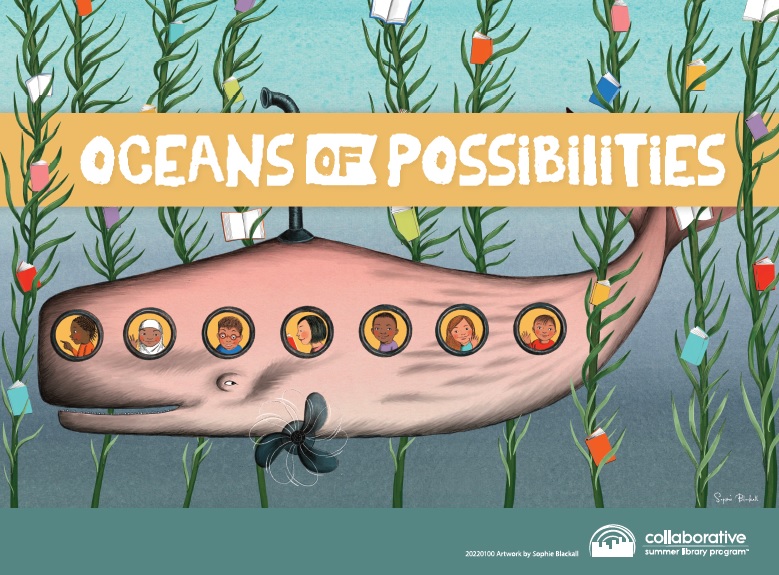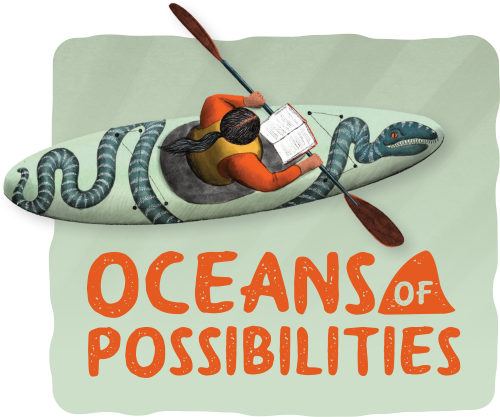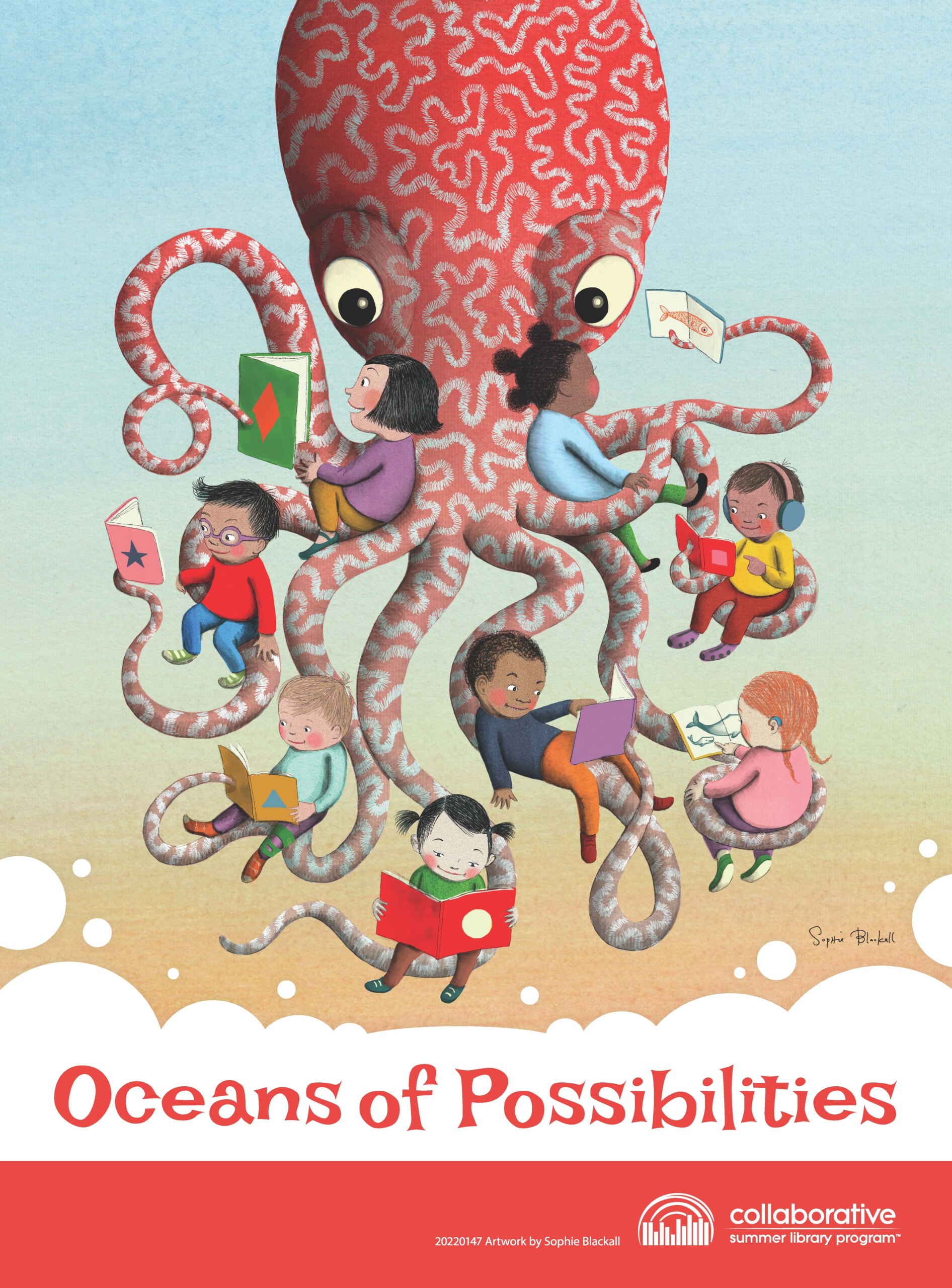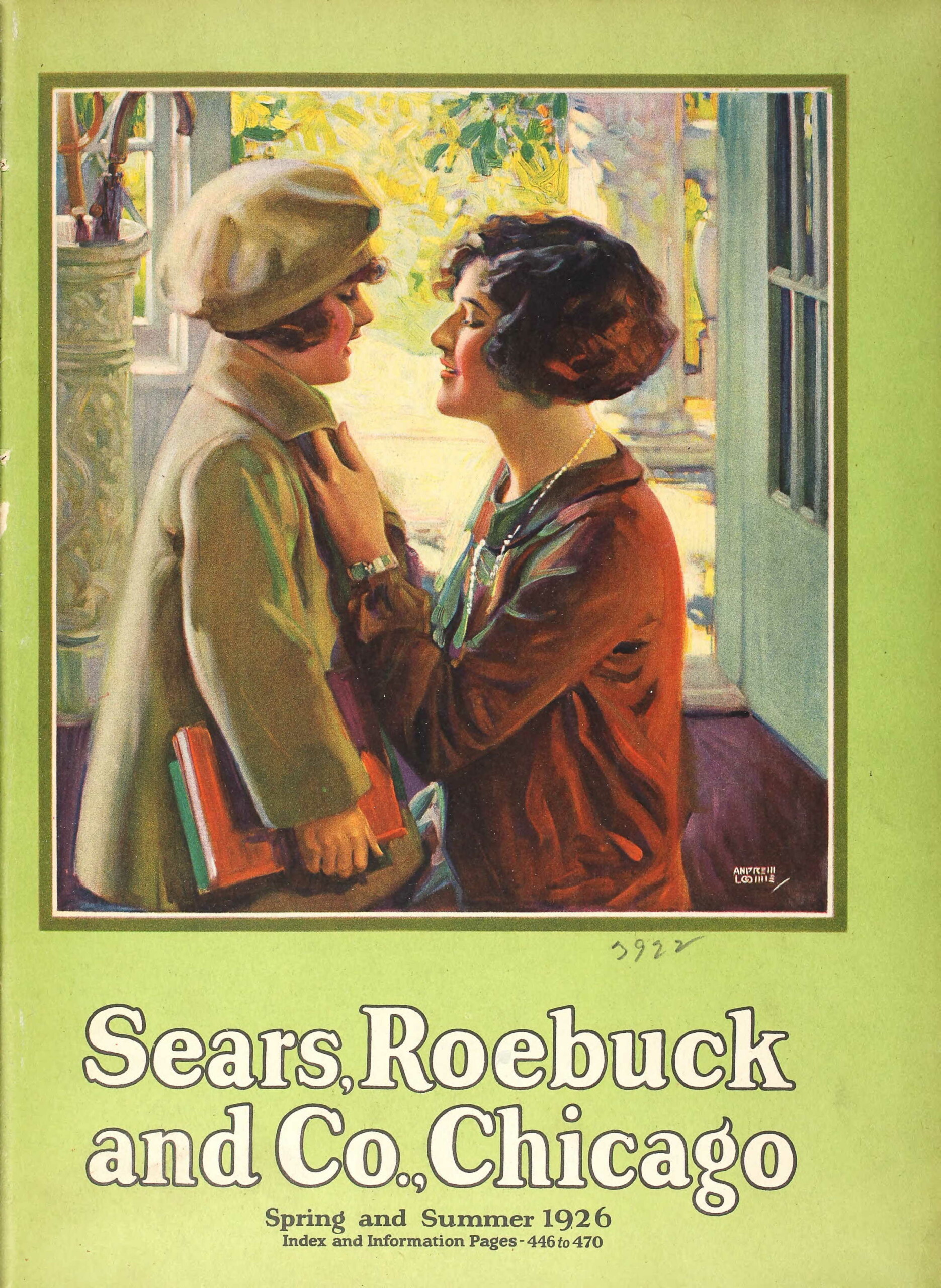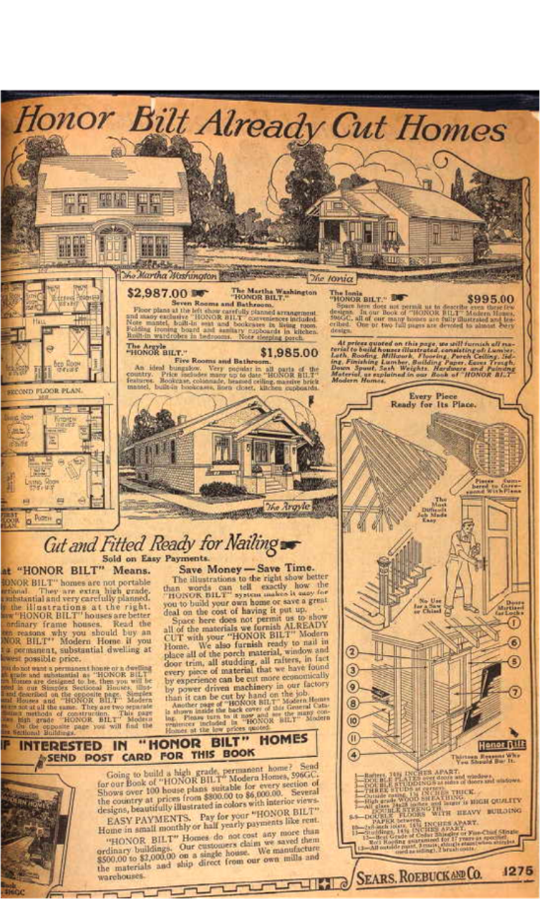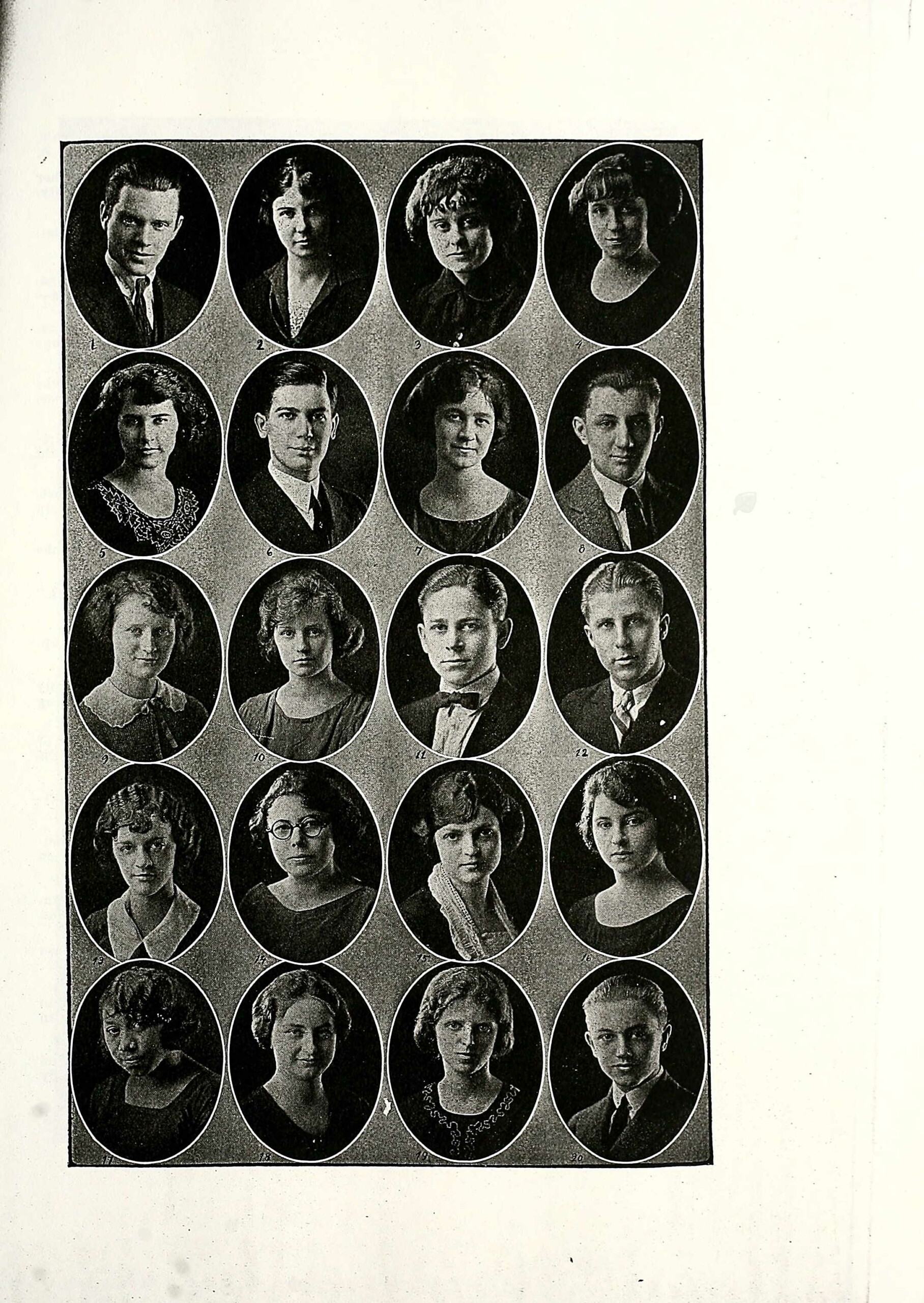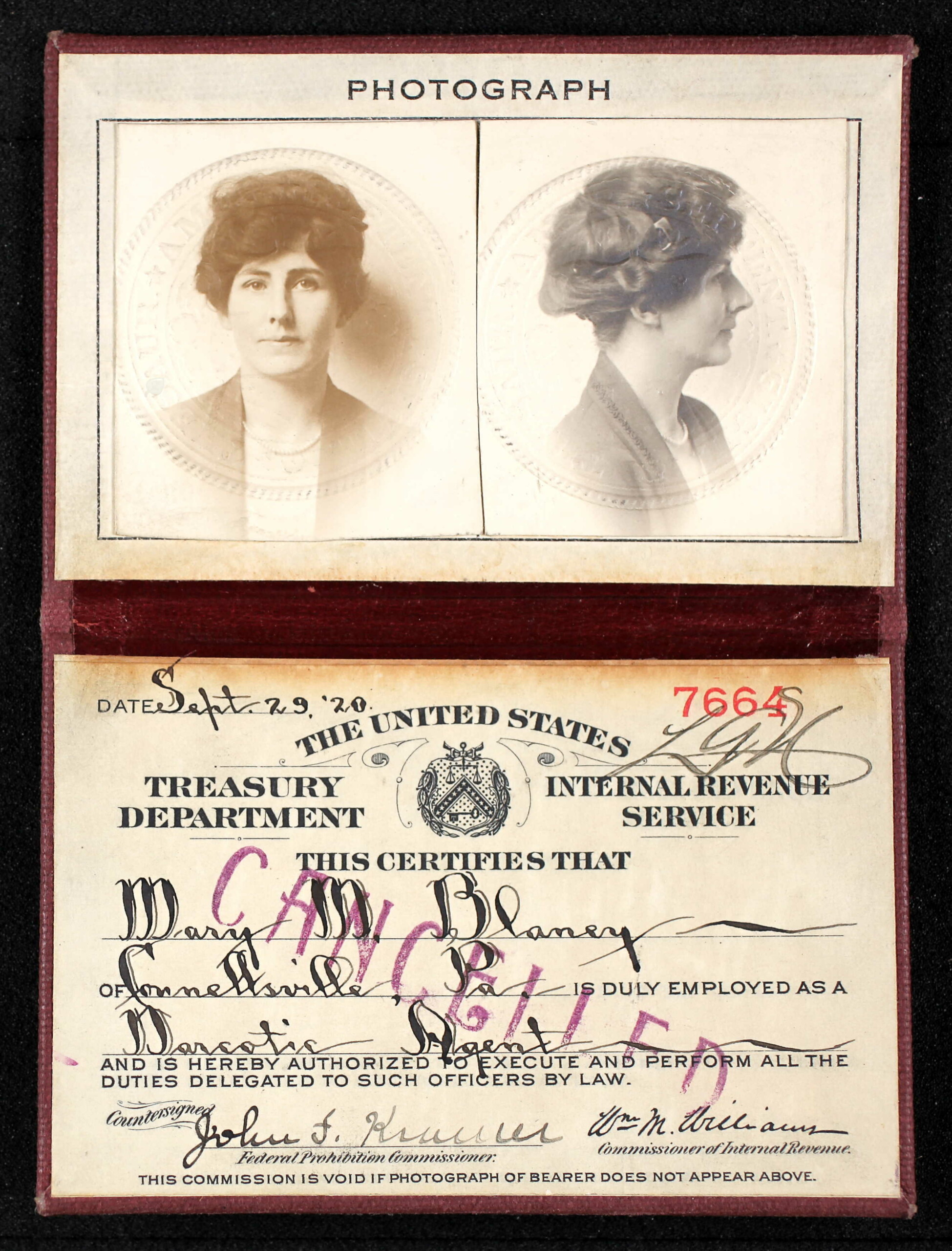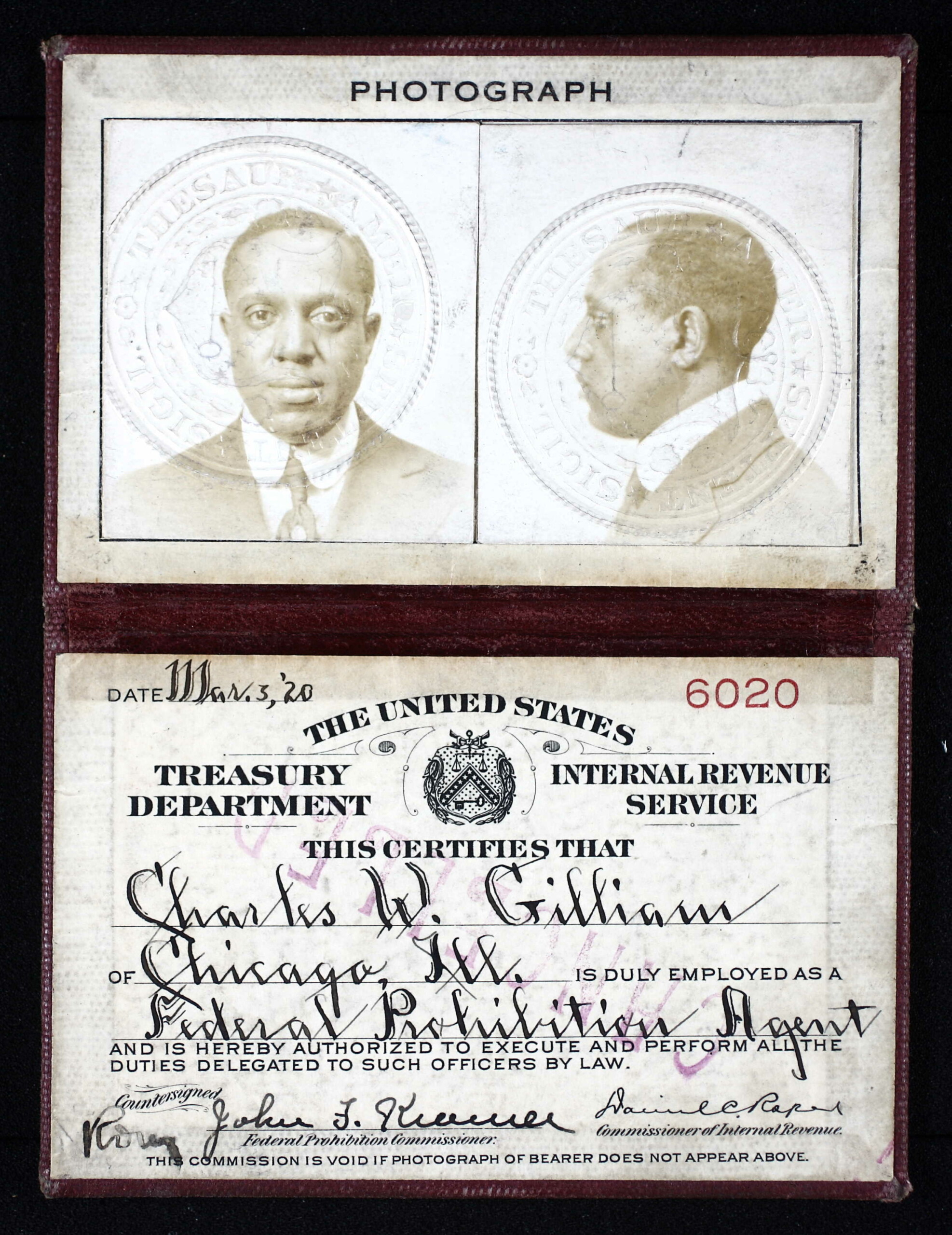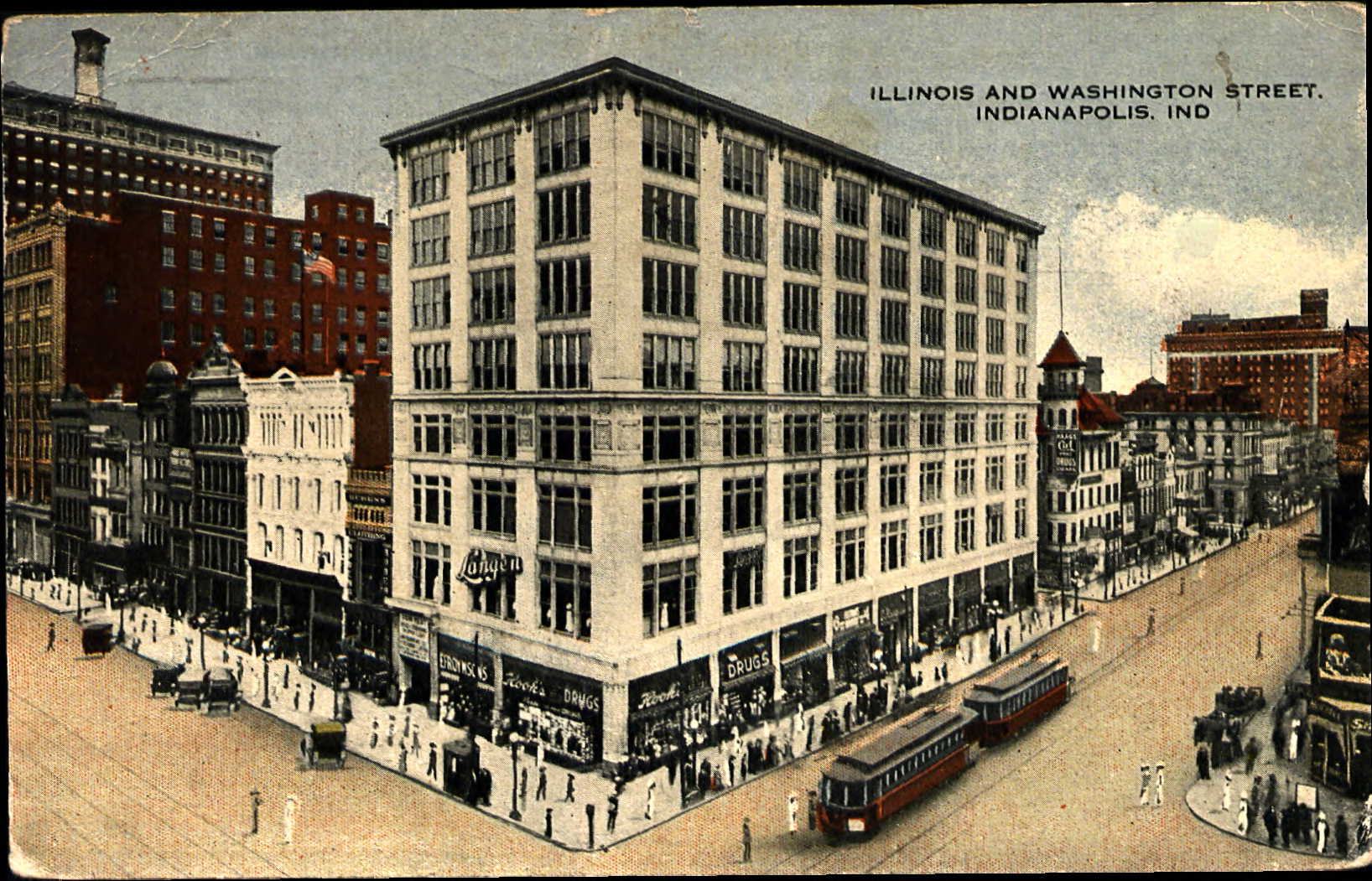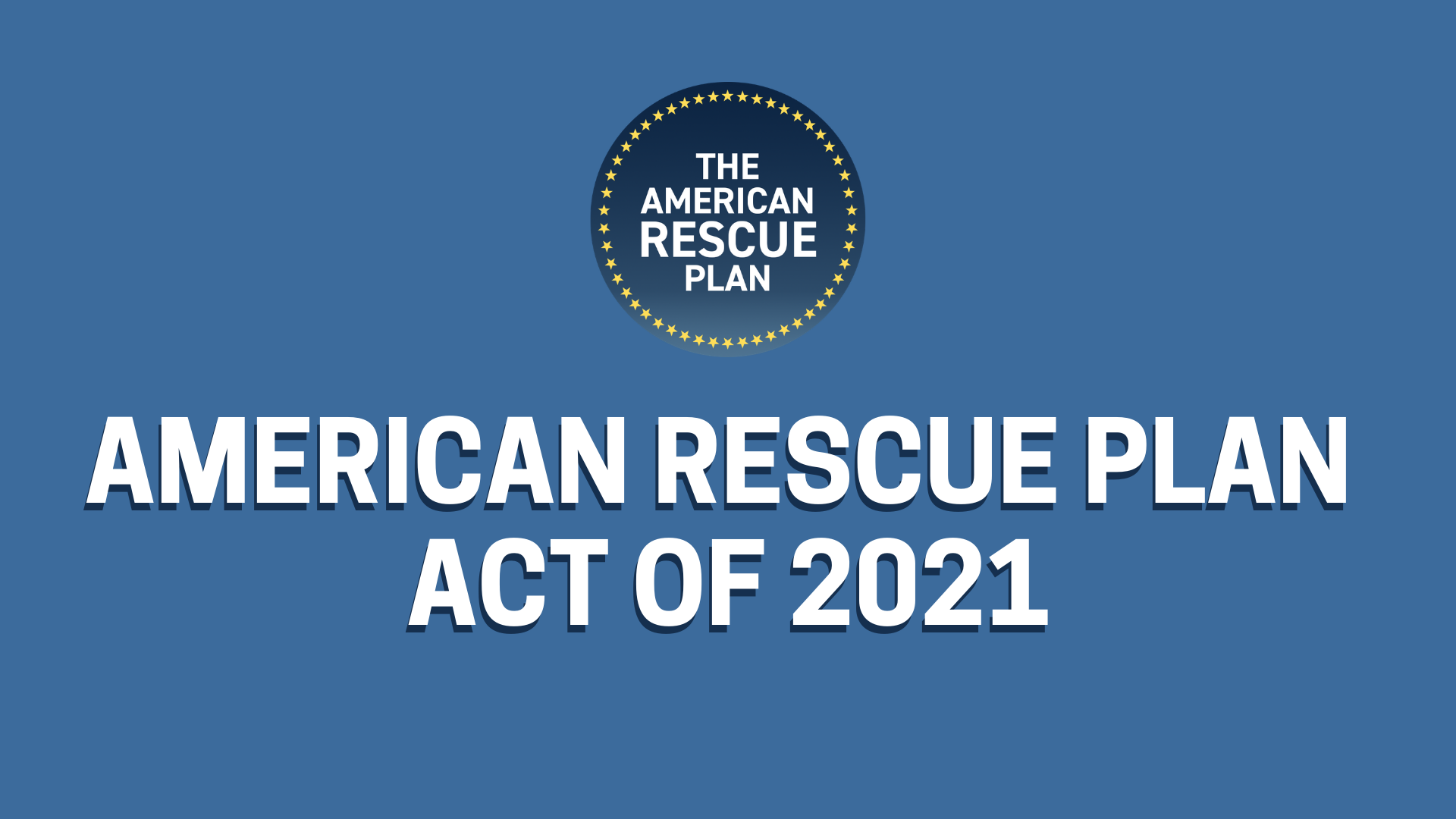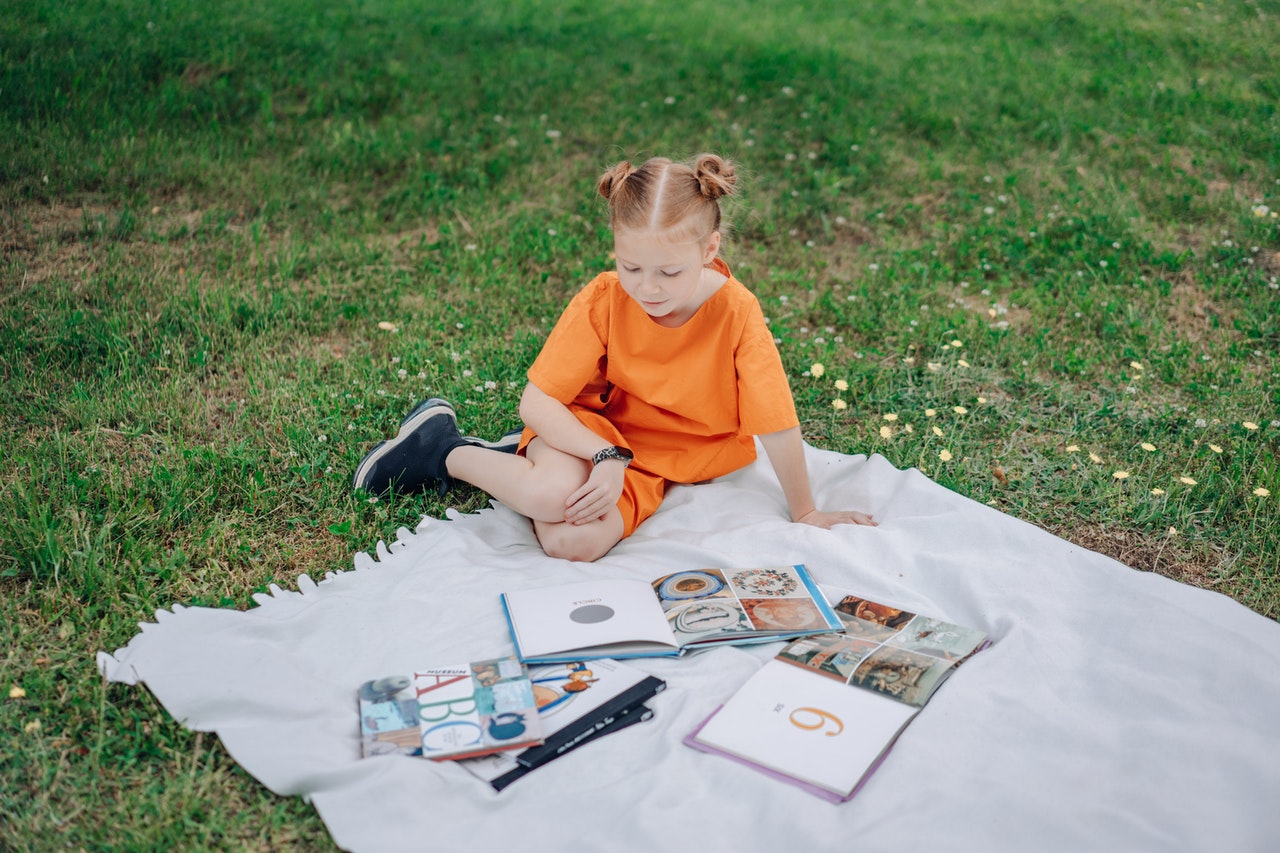You can clearly see from the positive comments below how much the patrons of the North Manchester Public Library love and appreciate their library. Serving a population of a little over 6,000 in northern Wabash County, this library is doing amazing things for its community.
“Fantastic programming for all ages, staff that remember patrons’ names and interests, a wide range of books, movies, music and periodicals. The North Manchester Public Library is definitely at the heart of the community.”
“Amazing resource for this small community! The mobile hotspots you can check out make those long summer drives great for everyone’s high tech gadgets!”
“It is unusual for a town of our size to have a library of this caliber! The children’s department is second to none! Couldn’t be more proud!”
“I love that kids are allowed to be kids in their section of the library! Fun memories equal children who will love books forever. Keep up the awesome work!”
“One of the best small town libraries in the country.”
Director Diane Randall and her staff have accomplished many great things since she started her tenure in February 2020. Diane was fortunate to step into a library with a staff with many forward thinking ideas. I recently visited Diane to learn about all of the innovative and out of the box programs they are doing. It really takes a special synergy between the library board, director, library staff and community to make a good library an extraordinary library. I love what Diane said to me, “I am fearless, innovative and community focused.” And it shows!
Diane started at the North Manchester Public Library right before the world paused for the pandemic. As many traditional library services were disrupted, such as in person programs and public computer access, new needs in the community became evident. Food insecurity increased as paper and hygiene products became scarce. The library and community came together to fill these needs. Diane has been partnering with many local groups and has been working diligently to obtain grants that will further their vision to meet their community’s needs beyond traditional books.
In Diane’s own words:
“All the collaborations and projects my staff and I develop or create started with the development of the library’s current long range plan. It was very important to gather community and library trustees input as well as all library staff input. I felt it was crucial to include the library management staff of Adult Department manager and marketing coordinator, Jeanna Hann; Children’s Department manager, Sarah Morbitzer; Circulation librarian Cody Goble; and past programming coordinator Heidi Lovett in creating the plan. They not only gained experience in this planning process and understood it on a professional level, but also had creative buy-in and support for it. It was a wonderful team effort from which our full time staff and managers now have greater awareness and foundation as they build the library’s programs, outreach, collections and technology and as they utilize the buildings and grounds spaces. Future projects will include continued development of neurodiverse and sensory collections and spaces in the library; continued development of programming and events utilizing building grounds; and increased focus on collaborations and building of programming with the retirement and senior living communities post COVID pandemic.”
Their teamwork, planning and dedication to the community shines through in what they have accomplished so far.
Non-traditional library services began at NMPL a few years before Diane arrived. One of these services was a seed library, created by former staff member and programming director Heidi Lovett. With these new services, a seed was planted to go beyond the four walls of the library building with these innovative programs. The following list highlights these programs; be sure to click on the links to find out more about each program:
Seed Library – August 2017
Just as libraries have been sharing books for decades, sharing seeds is a natural extension of our culture. It’s a simple premise – take a seed pack, share a seed pack. The packets of seeds can be new or seeds harvested from plants. Novice gardeners get to experiment with new plants and can learn from expert gardeners. This is an all-around winning program for libraries – an efficient way to share seeds; a way to promote botanical literacy and a way to help fight food insecurity. No doubt many gardening books, magazines and videos have been checked out.
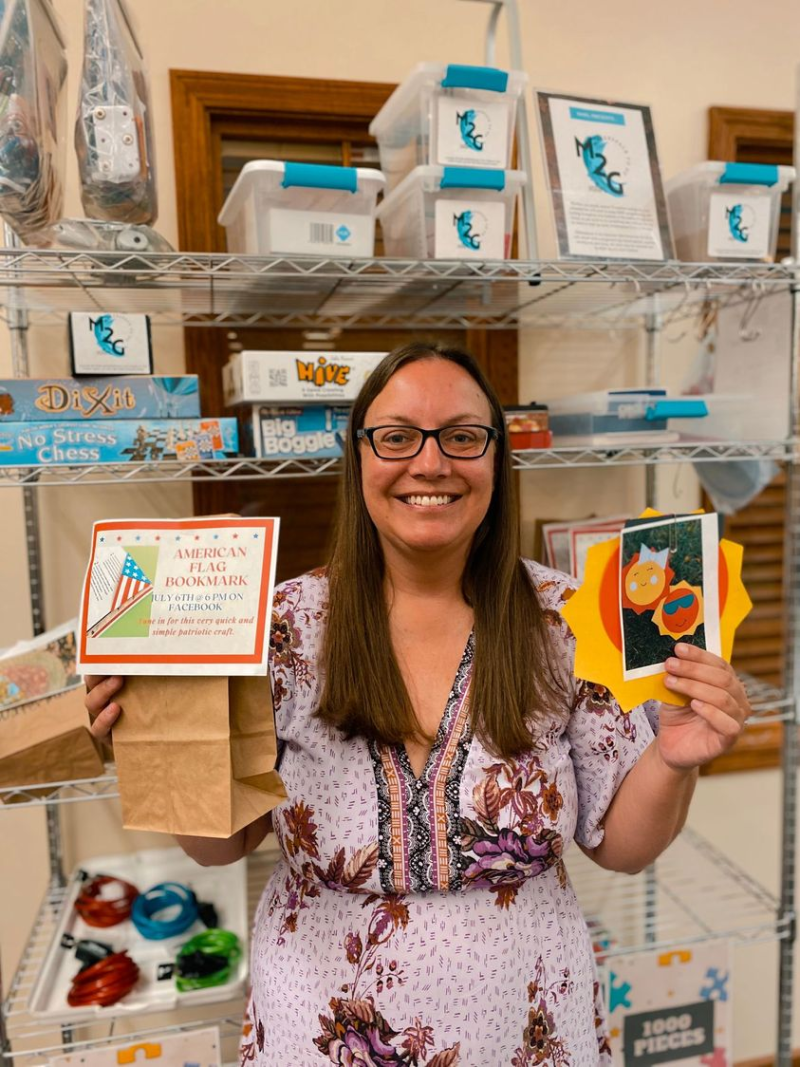 Makerspace-2-Go – August 2019
Makerspace-2-Go – August 2019
Makerspaces in libraries began around 2005 and grew out of the Maker Movement. Imagine arts and crafts groups, hobbyists, shop classes and science fairs combining in one place. They are spaces within some libraries with resources such as computers, 3D printers, audio and video editing tools and traditional arts and crafts supplies. Makerspaces give patrons the ability to try out technology and tools that they would not normally be able to access. Heidi Lovett, former programming coordinator, and Jeanna Hann, Adult Department manager and marketing coordinator, took it up a notch in 2019 with the ability to check out equipment and tools for home use!
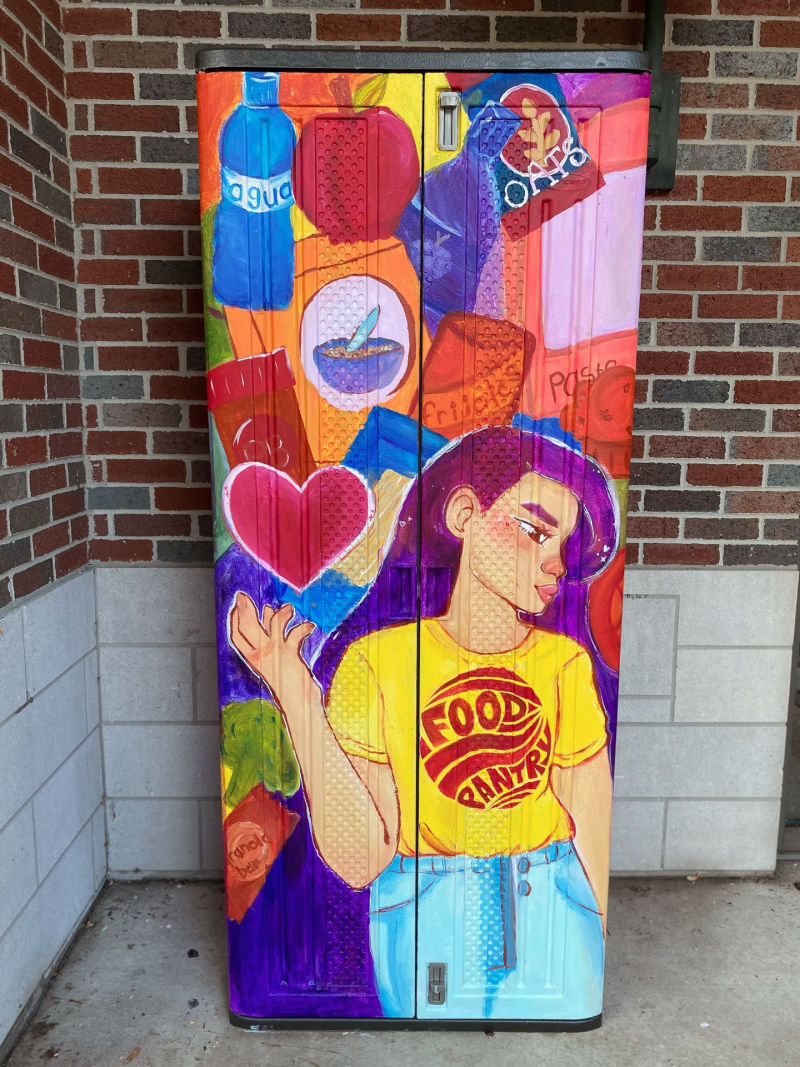 Community Pantry – April 2021
Community Pantry – April 2021
A complementary program to the Seed Library is the Community Pantry. Interested members of the community approached Diane to collaborate to address food insecurity in the community. NMPL partnered with North Manchester Community Pantry to place a large plastic cabinet outside the library entrance. The pantry is stocked with non-perishable food items and paper supplies. The pantry is available 24/7 and community members can take what they need and to leave what they don’t. A local art student was chosen to paint a mural on the outside of the cabinet which lends visibility to the project and sets the tone for its goal. An excellent quote from the library blog sums it up perfectly, “The Community Pantry, a Mutual Aid Space, is where people take responsibility for caring for one another by sharing resources.”
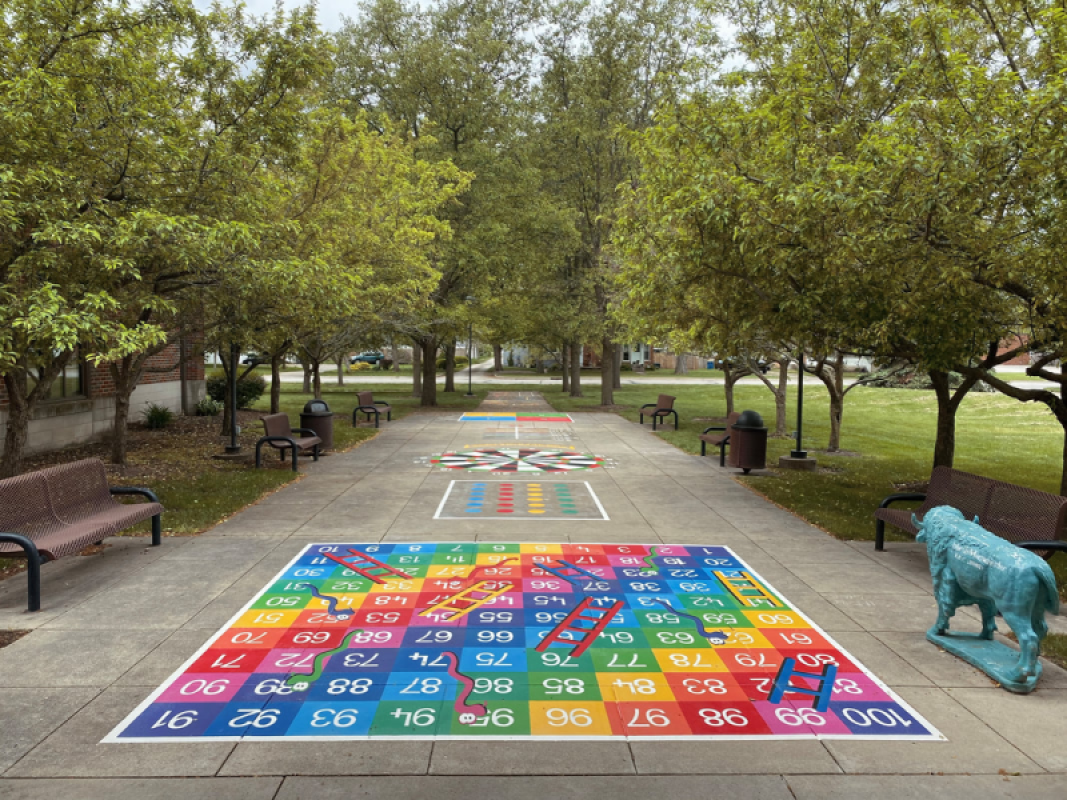 Flat Playground – May 2021
Flat Playground – May 2021
“Social distancing” and “playgrounds closed” – NMPL Children’s Department manager Sarah Morbitzer turned these two phrases into a positive. This playground is like no other one you’ve ever seen. The library staff wanted to promote outdoor activity and intergenerational play with this unique play area. They also wanted to find ways to utilize their spacious library grounds. A blank sidewalk became the canvas for this masterpiece. There are six features on the playground – an eight piece activity track, four square, standing long jump, dart board, twister and snakes and ladders. These activities are great for all ages and mobility levels. This amazing space was made possible by the Bev Westendorf Memorial Fund, the JoAnn Martin Memorial Fund, Friends of the Library, the Tammy Seifert Memorial Fund, EduMarking USA and the NMPL Fun Run.
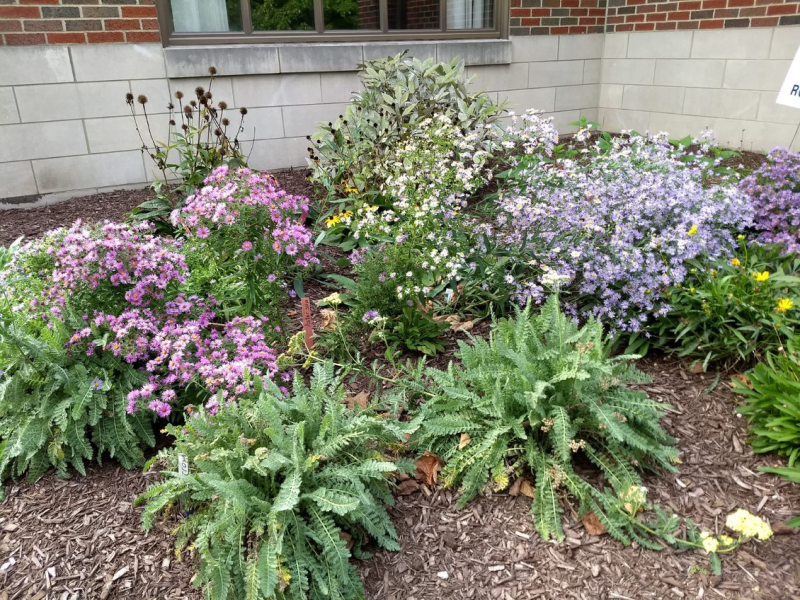 Pollinator Garden – May 2021
Pollinator Garden – May 2021
NMPL sits on a beautiful wooded two-acre lot. Members of the local Rotary Club reached out to Diane for a project to refresh the southeast corner of the library landscape through an initial Rotary Club grant. From this initial project, a wonderful collaboration has developed with the Master Gardeners of the North Manchester Rotary Club, the Purdue Extension of Wabash County and the library. A pollinator garden was planned and filled with native pollinator plants with the goal of long term sustainability. The new garden was revitalized entirely by the Rotary Club, volunteers and community members who donated plants and their time. Bonus – related educational programs have been provided by the Purdue Extension Services and also the Master Gardeners. And an extra special group has also sprouted from this – the Dirty Diggers Club run by Children’s Department manager, Sarah Morbitzer. Elementary and middle school-aged youngsters are learning how important pollinators are in relation to the foods that they eat. They are making that connection with their own eyes with their garden. The library is fortunate to be able to use the adjoining grounds of the historic Thomas R. Marshall Home – 28th vice president under Woodrow Wilson – for the Dirty Digger’s garden space through another community collaboration with the North Manchester Center For History.
Winter reading program expansion – January 2022
Through building new and renewed relationships with community businesses that are not part of the library’s summer reading sponsorships, Sarah Morbitzer and Molly Magus, programming coordinator, have developed an exciting growing winter reading program. Open to all, this program has its own unique sponsors and themes and is well supported by the community. It’s a great opportunity to continue to encourage and support reading within the community and is efficient to run via use of the Beanstack reading program software.
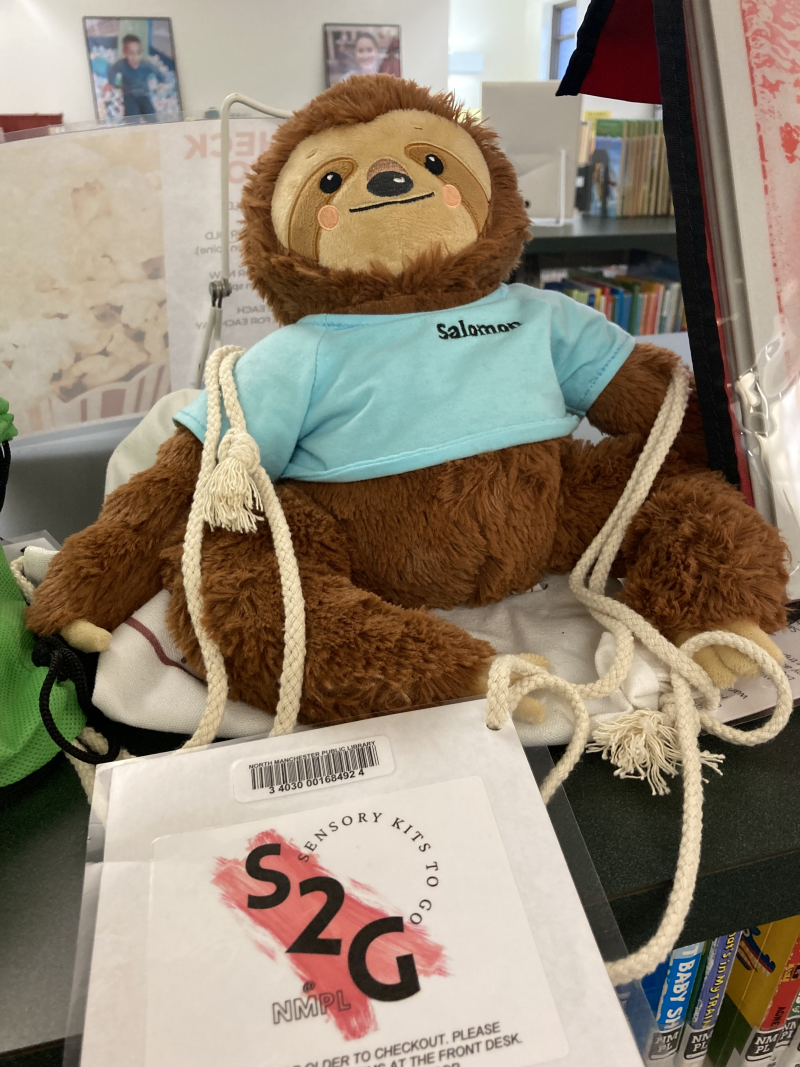 Sensory-2-Go shelf – March 2022
Sensory-2-Go shelf – March 2022
Developed by Sarah Morbitzer and Molly Magnus, this new collection is intended to reach patrons with neurodiverse needs. According to Merriam-Webster, neurodiverse is defined as “having, relating to, or constituting a type of brain functioning that is not neurotypical.” The five kits serve specific sensory purposes – high energy, calming, texture and touch as well as items to help with day to day activities (i.e., holding a cup) and other items for building cognitive development. This collection is for all ages, for use inside the library or for checkout to take home. This is a great way for patrons to try out the items first to see if they might make a personal investment.
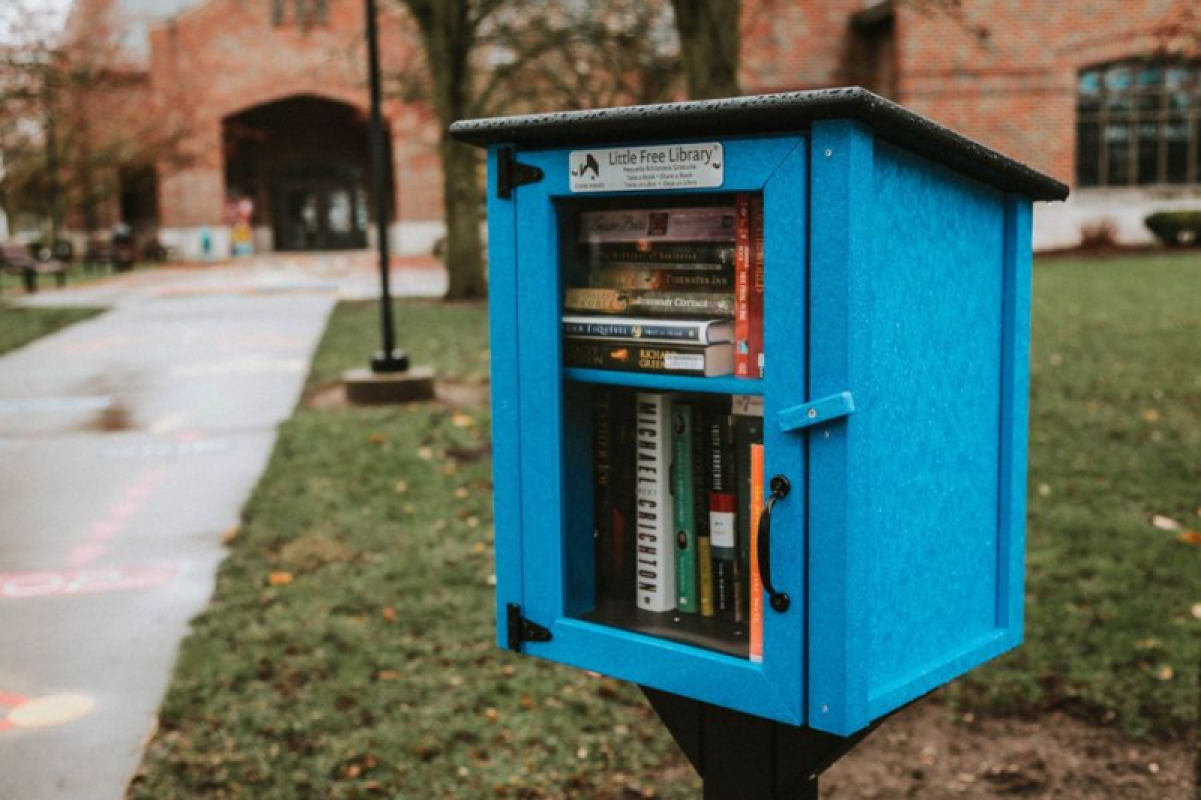 Little Free Library – April 2022
Little Free Library – April 2022
A new beautiful turquoise blue Little Free Library is found just off North Market Street near the entrance of the Flat Playground. Lead by circulation librarian Cody Goble and Jeanna Hann, NMPL has joined the 150,000 Little Free Libraries around the world. Just like the seed library, people are meant to take a book and leave a book. This was made possible through a generous contribution from the Friends of the Library group.
Homeschool Resource Center – March 2022
Sarah Morbitzer and the Children’s Department have taken resource sharing a step further with their new Homeschool Resource Center. This collection can be used by anyone – for either long or short term homeschooling or for enrichment during school breaks. This collection contains homeschool books for teachers, a microscope, games for practicing sight words and much more!
There are even more projects that are in the works, so stay tuned to the North Manchester Public Library’s website, as well as their Instagram and Facebook pages to find out what’s next. Find out about this new project that is coming Fall 2022:
Electronic Message Center – Fall 2022
Diane is currently working on a collaborative project with their incredibly supportive Friends of the Library. The new digital message center will help promote programs and events, and relay library information to the community. The message center will enhance in-the-moment awareness of what is happening at the library, and will enable the library to reach community members who don’t utilize social media or read the local newspapers. The library will also be able to utilize the digital sign to promote their programs and events in Spanish to welcome and support awareness in our minority communities.
If you are in the North Manchester area, be sure to stop by the library and see all of the awesome things that are happening. Now, some final words from director of the North Manchester Public Library, Diana Randall:
“The staff at the North Manchester Public Library are so awesome! They are fantastically creative with such an innovative approach. They all have such a spirit of service to the community, and the community can feel it. I work daily to support this innovation and creativity, and I like to think outside the box to explore possibilities. I have always had a strong team-centered focus and customer service philosophy, and my staff know this. We work to keep up good communication and support each other. I also feel as a library director, I need to keep focus on the needs of my staff and supporting them. I work daily to let them all know this.
We all know that our libraries must continue to evolve as we move toward the future, and we have to keep a laser focus on what our communities’ needs are regarding services, programming and collections. Being open to new ideas and possibilities are crucial to our survival. I believe Indiana has a fantastic public library system with incredible library directors and library staff who are committed to serving their communities, and to supporting each other. I also am so grateful to the staff at the Indiana State Library for their input and support when I reach out to them with questions or for direction. They set a great foundation for all of us!”
This post was written by Northeast regional coordinator Paula Newcom of the Indiana State Library Professional Development Office and Diane Randall, director of the North Manchester Public Library.


